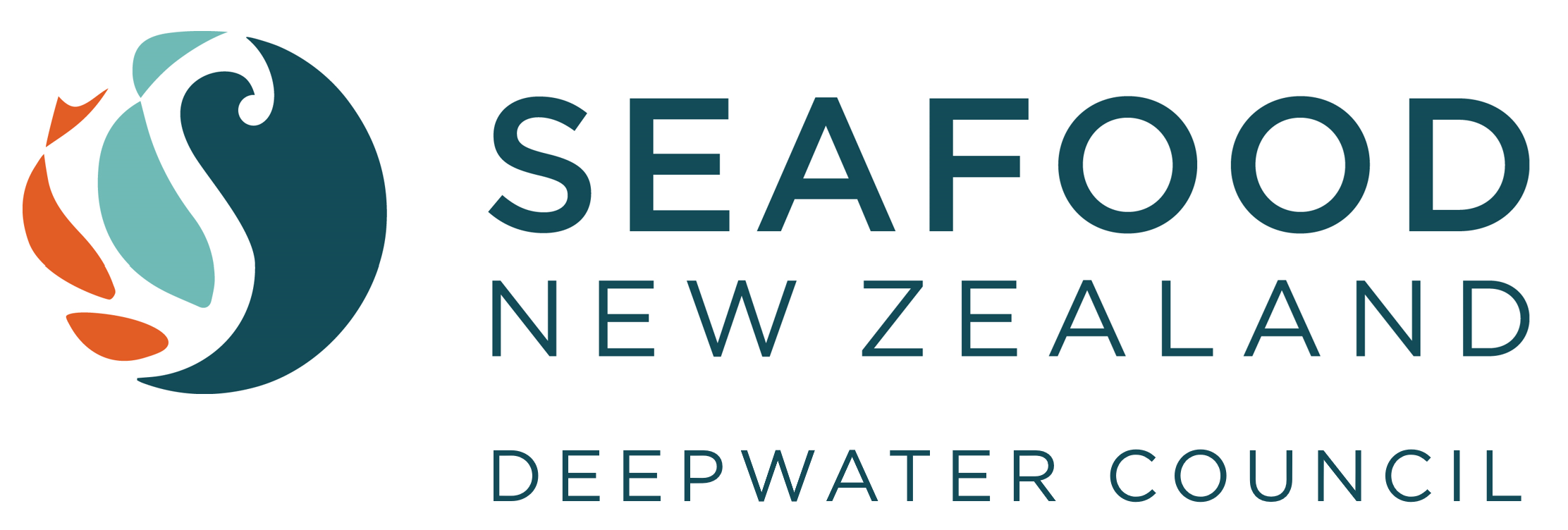2 August 2012
The reason for the decline of the sea lion pup population on the Auckland Islands needs to be identified before a solution can be found, the New Zealand seafood industry says.
The Deepwater Group has welcomed the Minister for Primary Industries, David Carter's statement today recognising squid fishing is not responsible for the sea lion population decline.
The Deepwater Group chief executive George Clement says the seafood industry fully backs the management measures in the squid fishery to protect sea lions from harm and the research to protect an important part of New Zealand's unique biodiversity in the Southern Ocean.
"We support the Minister's call for the Ministry for Primary Industries and the Department of Conservation to gather information on non-fishing-related impact, to determine the reason for a declining sea lion population," George Clement says.
"We know that introduced diseases have decimated the sea lion colonies in these remote sub Antarctic islands in the past. The pups are especially vulnerable. Based on the numbers of sea lions found with wounds from shark bites, and the high juvenile mortality, we also need to assess the effects of predation by great white sharks."
"Similar studies on sea lions overseas have identified a disease and predator double hit. The sub Antarctic is a hostile environment with many threats. Declines have also occurred with elephant seals and penguins round the Campbell Islands, where there is no squid fishing. New Zealand and international scientists have been trying to find the reasons for the changes in these populations for many years, but the real causes have yet to be identified.
George Clement said it was clear from New Zealand and international research in the Auckland Islands, that there are broader environmental, probably non-human, drivers at play, which need to be understood. He says David Carter's commitment today (2 Aug Eds) to more government research into ‘disease and ecosystem changes' reflects this.
"Our industry has gone to great lengths to ensure fishing does not harm the sea lions. We have refined sea lion exclusion devices (SLEDs), which allow sea lions to escape fishing nets alive and unharmed. This has been a major achievement and this is why the Government has been able to say no sea lions have been accidently captured in this fishery in the past two seasons," George Clement says.
"Every fishing vessel that has worked in the squid fishery near the Auckland Islands for the past five or six years has used SLEDs. Many vessels carry Government observers to make sure they stay within the strict Government reporting and compliance requirements."
George Clement says the seafood industry has contributed millions of dollars to Department of Conservation science programmes and to other independent research. This includes measuring and assessing the environmental effects of fishing, minimising any impact, and independently monitoring and auditing fisheries' performance.
For further information:
George Clement
CEO of the Deepwater Group
Ph: 021 932 369
Tel: 0274 379 307
